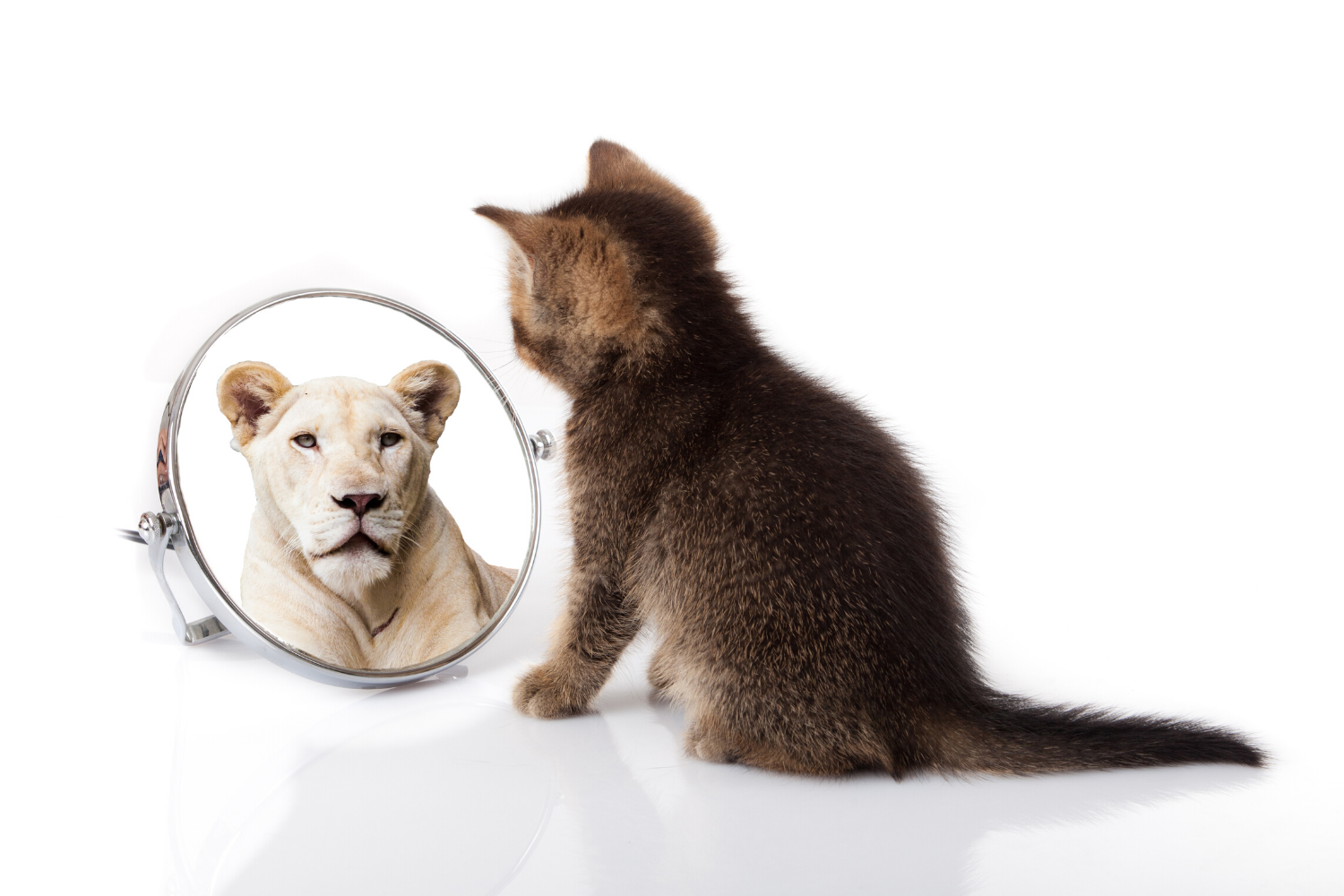When we buy a gift for our child, we want it to light up his face.
At the same time, we don't want to overindulge our children with toys that clutter up their rooms and spoil their characters.
To find a happy medium, I’ve created a list of ten gifts that will make your child happy and benefit his brain.
1. The Proverbial Book
Most young children enjoy receiving a book as a gift. You can buy a beautiful edition of a particular book with leather binding or a fancy edition of the book that includes a slipcase.
If your child is younger, choose a cleverly illustrated book like Mother Goose by Silvia Long or Aesop’s Fables by Chronicle Books. For a gift, I would stick to the classics.
Classics have stood the test of time, and your children will cherish them for many years to come, even unto adulthood.
2. Brain Cells at Work
No child ever tires of putting together a puzzle, and how wonderful it is for the budding brain cells. Your child will develop his reasoning and problem-solving skills, he exercises his hand-eye coordination, he builds his sensory/motor skills (lots of pinching, picking, and putting tasks involved), and he feels happy when he accomplishes his mammoth feat.
The latter also helps to build his confidence. Who would have thought your child could gain so much from a puzzle!
The wooden puzzle sets by Melissa and Doug are all-time favorites for younger children.
For older children, you can try something like a colorful map of Europe.
3. Rainy Day Activities
Rainy days and long summer nights are perfect times for playing board games. Depending upon your child's age, you can buy him games that he'll enjoy playing with friends and family.
Think of games such as Chutes and Ladders, Checkers, and even chess. Board games are perfect for building social skills, especially the art of losing well.
4. Discovering Where Timbuktu Is
Children love playing cards. If you'd like to contribute to your child's education, buying a card game that teaches the countries of the world or the fifty states and capitals is perfect.
Sadly, most children don't learn much geography anymore. But with a good game of cards, your child won’t be one of them.
5. Playing Queen for the Day
A “make-your-own-jewelry” set is better suited for girls because girls love their jewelry! Making jewelry is a lot of fun, it's creative, and the jewelry can be given away as gifts. Children, therefore, will also learn the much-appreciated virtue of generosity. This kit is complete, and the price is reasonable too.
6. Rocket Man
And boys love rockets! Actually, all the children will have fun making this rocket from a soda bottle and baking soda. The kit comes with instructions, all the supplies you need, and it's easy to do.
The Water Bottle Model Rocket is suitable for children six through the early teens. The water rocket is another activity that is fun to do with other children and encourages cooperation.
7. More Than Just Another Puzzle
Children love brain games. Rubric cubes are a lot of fun, but the wooden brain puzzles are even better. Your child will spend hours trying to figure out the problem, and a child who stays at it long enough is bound to eventually figure it out.
Patience is the name of the game with this kind of puzzle, and patience is a virtue. A brain puzzle is a perfect way to learn a little patience.
Warning: only buy one puzzle. The kits with multiple puzzles will dilute your child’s attention, and he’ll be less likely to solve the mystery.
8. Stencil Kit
A stencil kit is probably not the first gift that pops into your mind when thinking of a gift for your child, but the truth is that children love to stencil. It's another activity that your child can do with friends, alone, or even while traveling; and it'll keep him occupied for hours.
Children will naturally compliment each other’s work, too, which is another opportunity to learn generosity and kindness towards others.
9. A Musical Adventure
Many children miss the story of Peter and the Wolf, composed by Sergie Prokofiev. Peter and the Wolf is a classical composition that introduces the musical instruments of a symphony through a story about Peter and the Wolf.
Children love to listen to this piece, and they may even show an interest in a particular instrument, which is a great way to get them into the world of classical music.
Musical training will teach your child many virtues, including discipline and perseverance. It also gives him an interest that will elevate his character rather than then let society drag it down.
Peter and the Wolf is the perfect place to start and the ideal gift for your child.
10. The Gift of Andrew Jackson
When all else fails, there's always the 20 dollar bill. Children love to receive money, so don't feel bad if for some reason you can’t buy something. The 20 dollar bill could turn out to be his favorite gift!
It's also an excellent way to introduce your child to the value of a dollar and how to spend it wisely on something worth buying.
The best way to deliver this gift is to buy a money card from your local gift shop and then get a crisp twenty-dollar bill from the bank.
The Don’ts of Buying Children’s Gifts
If you are buying a gift for someone else’s child, you want to be sure to follow these guidelines:
Do not buy any toys that make noise (the parents will never forgive you).
Do not buy anything electronic (parents are struggling enough with their children and technology).
Do not buy candy (many parents do not appreciate this).
That said, if you follow the suggestions above, you will not only make yours or someone else’s child very happy, but you’ll help them become better people too.
Join the FREE Masterclass: Top 3 Secrets to Homeschooling for Success (Your kids will thank you when they’re grown!) by Liz Hanson
Don’t miss your free download, 31 Screen-Free Activities to Support Your Child's Developing brain.
Get a copy of Liz’s homeschooling Bible, Education’s Not the Point: How Schools Fair to Train Children’s Minds and Nurture Their Characters with Essays by John Taylor Gatto and Dorothy Sayers.
Elizabeth Y. Hanson is a homeschooling thought-leader and the founder of Smart Homeschooler.
As an Educator, Homeschool Emerita, Writer, and Love and Leadership Certified Parenting Coach, she has 23 years of experience working in education.
Developing a comprehensive understanding of how to raise and educate a child, based on tradition and modern research, Liz devotes her time to helping parents to get it right.
Liz is available for one-on-one consultations as needed.
"I know Elizabeth Y. Hanson as a remarkably intelligent, highly sensitive woman with a moral nature and deep insight into differences between schooling and education. Elizabeth's mastery of current educational difficulties is a testimony to her comprehensive understanding of the competing worlds of schooling and education. She has a good heart and a good head. What more can I say?”
—John Taylor Gatto Distinguished educator, public speaker, and best-selling author of Dumbing Us Down: The Hidden Curriculum of Compulsory Schooling. For a copy of The Short Angry History of Compulsory Schooling, click here.






















































